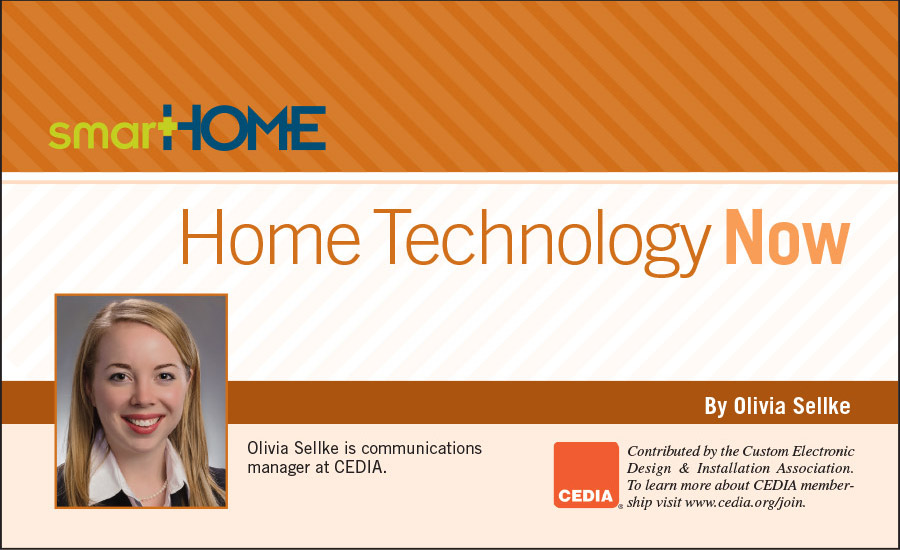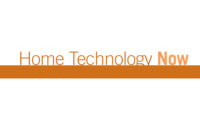CEDIA recently released the first white paper in a series aimed at providing insights into the technological advances and market pressures that may affect integrators over the next five years. This first installment, The Home Technology Professional of 2020, focuses on general marketplace predictions, painting a 30,000-foot view of what installers can come to expect in the next five years. Some of the top level highlights include:
Network Security and Privacy
Security and privacy concerns for the connected/remotely-accessible home will continue to be news stories over the next five years — some will make the front page. Integrators must ensure that network firewalls and wireless technologies incorporate the latest security enhancements. In reality, however, security and privacy is only as good as its weakest link — there may be little the home technology professional can do to completely thwart these intrusions.
Home Personalization
Input technologies will continue to mature over the next five years to include voice recognition, gestures, location and personal preferences. In 2020, less talk will be about the “networked home” and more about the “personalized home.” The home technology professional will be largely responsible for the level and success of the home’s personalization, which will extend to all users of the home.
The Portable Home
The fixed and “portable” home will be the responsibility of the home technology professional. The portable home is one in which the client expects full control and access of home content from anywhere in the world: in their car, at work or while traveling.
What does this mean? The demand for a well-connected home is not going anywhere; in fact, the desire for a professionally installed system stands to increase. For security professionals this projected demand presents both an opportunity and a potential threat. According to the most recent CEDIA Size and Scope of the Residential Electronic System Market study, the three dominant reasons security integrators choose not to offer a specific category of equipment were:
- they do not perceive a customer call for the system type;
- they do not have in-house competency in that type of system installation; or
- they do not believe they will earn profit.
Among the entire pool of integrators surveyed, 41 percent of dealers not offering home control systems intend to offer those within 24 months; 37 percent intend to add IP network security cameras; 24 percent of dealers not now offering outdoor entertainment systems intend to add those; and about 30 percent will add motorized window treatments and energy monitoring equipment. The threat is clear: if a security professional does not offer a service, chances are another provider will.
To stay competitive both now and through the next five years, security professionals need to expand their repertoires. With threats also come opportunities: the average security installation company has been operating in the residential electronic systems installation business for 23 years according to the CEDIA Size and Scope of the Residential Electronic System Market study. Security professionals have earned a level of trust and buy-in with their clients to be able to sustain and grow a business over the long term. So when the time comes to start personalizing their home with technology, homeowners could quickly look to security professionals. The question is, will you be ready?
CEDIA can help you prepare with a wide variety of business and technical training not only to understand the technology that is coming down the pike but also to learn how to profit from it. Visit CEDIA.net to find white papers, eCourses, reference documents and much more. Other white papers in the Home Technology Professional of 2020 series will be released throughout 2016 and will address some of the high-level topics in greater depth.






